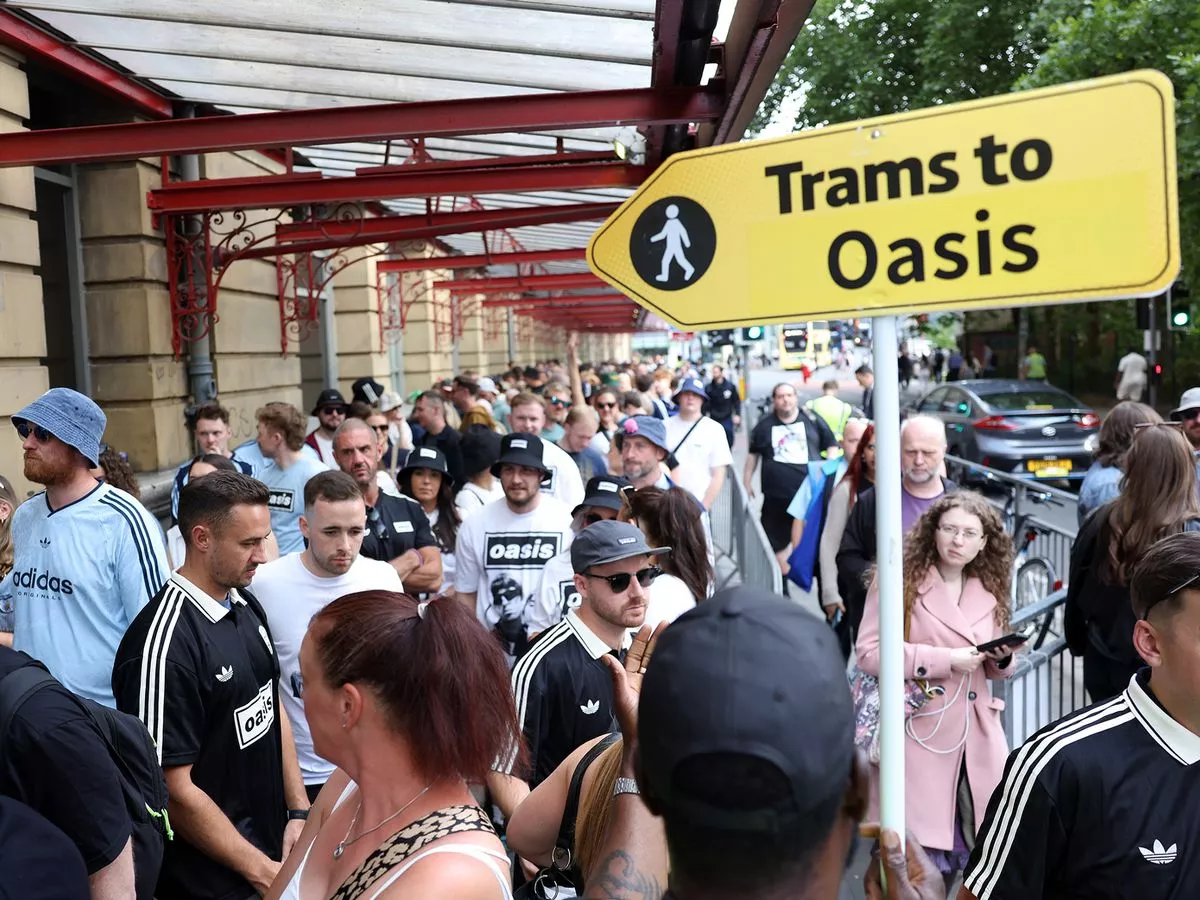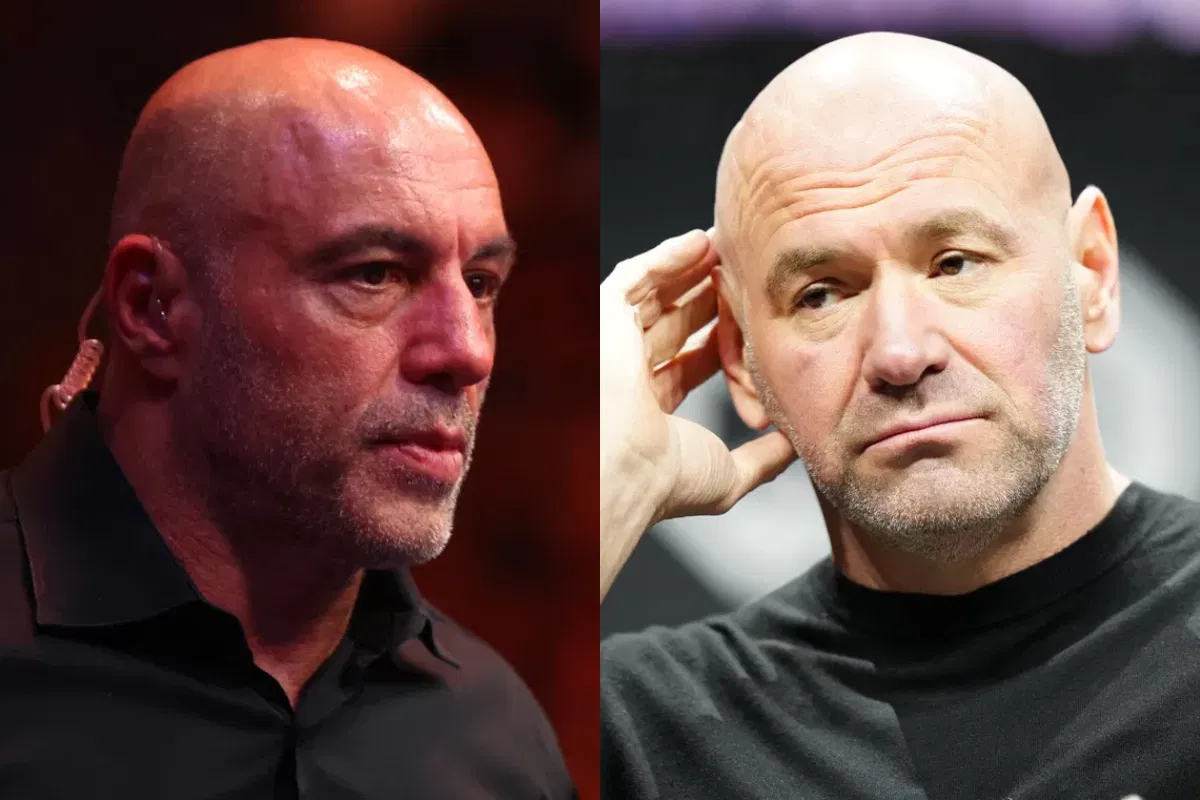Copyright manchestereveningnews

There were two titanic clashes in Manchester on Wednesday night. City took on Dortmund at the Etihad, and next door Busted battled it out with McFly at Co-op Live, bringing in tens of thousands of visitors. The UK’s largest indoor arena, Co-op Live has been cited as one of the main reasons why Manchester’s footfall surged by 9pc from summer 2023 to July, as tourists flock in for a once-in-a-lifetime show, football match, or just to soak up the city’s ‘buzz’. Join the Manchester Evening News WhatsApp group HERE That all puts pressure on services like public transport — and someone needs to pay for that. According to Andy Burnham and a new report by a thinktank, Greater Manchester should tax tourists to help make ends meet. “I do not believe, if we need to raise more money for services in the city, we go first to people living here or businesses here,” the mayor told BBC Radio Manchester on Thursday morning (November 6). “I think it’s fair because of the extra transport we have to put on there’s a contribution from people visiting That’s where I would go first. I would ask the government to let us have a tourist levy. “We have the Euros in 2028. If that [tax] was in place we could make that more successful. “ The idea of charging tourists for Manchester’s upkeep isn’t completely new, though. Visitors staying in city centre hotels have paid a £1-per-night ‘city visitor charge’ since April 2023 to fund extra street cleaning and other services. Although the fee is voluntary, guests have to opt-out of paying, so most fork out, with £2.8m collected in the first year. But replacing the charge with a formal tourist tax was met with a mixed reception by tourists in town 24 hours before the Eastlands battles. “I do not think it would put me off Manchester,” said Holly Clarke, 38, staying in Exchange Square with her partner, Leo Worsdale, 40, after seeing American hardcore band Turnstile at Mayfield Depot. The duo from Lincoln visit the second city ‘for a specific reason, like a gig last night’, Holly added, so she felt ‘committed’ to paying accommodation costs ‘once you’ve bought the gig ticket’. She could see the argument for taxing her stay: “Tourists put money into the local economy, and they take it out in terms of the buildings they stay in and the facilities they use.” But Hayden Brown, leaving legendary hotel Sacha’s in the Northern Quarter , said he would only pay the tax begrudgingly. “If you had to, I would [pay], but I would not be happy,” he said. He visited the city to see the Radio X medley at the Apollo from Derby. However, he added: “£1 per night is okay. If a tax was [on the] less expensive [end] I would be okay.” A Manc woman who only gave her name as Norma, leaving Hotel Indigo next to Victoria Station, also said £1 per night is fair enough’ but worried ‘if people cannot afford more, they won’t come’. Manchester would not be the first British city to introduce a tourist tax, so the mayor could if it deters tourists from Wales and Edinburgh both of which recently introduced one, according Andrew Carter, chief executive of Centre for Cities. The pro-devolution thinktank recently published a report calling on the government to give mayors the power to levy a tourist tax as a percentage of their hotel bill, with the proceeds split between the mayor’s office and local council in question. “We would endorse very strongly that the money raised should be reinvested in A: Analysis into visitor economy related activity. And B, into growth related investments,” Mr Carter told the Local Democracy Reporting Service . “You're thinking about how you can expand the tax base, and grow the economy. So it's either directly into visitor economy related stuff, which, if it goes well, grows taxes anyway. But even if it, even if it's not directly into that, although it probably should be… it should still be in growth-related stuff.” For the moment, the decision lies with the government. Although the mayor’s been clear on his position, a spokesperson for the organisation which runs the city visitor charge scheme, Accommodation Business Improvement District (ABID) refused to be drawn on the prospect of it being replaced. They said: “Manchester was the first destination in the country to create a fair mechanism to generate additional funding that is now already successfully delivering for our city centre accommodation providers. “The Manchester Accommodation BID puts hoteliers in direct control, with activity agreed by – and specifically impacting – the accommodation sector with incremental business growth and benefits for the whole city including cleaner streets, more events, and greater promotion opportunities.”



